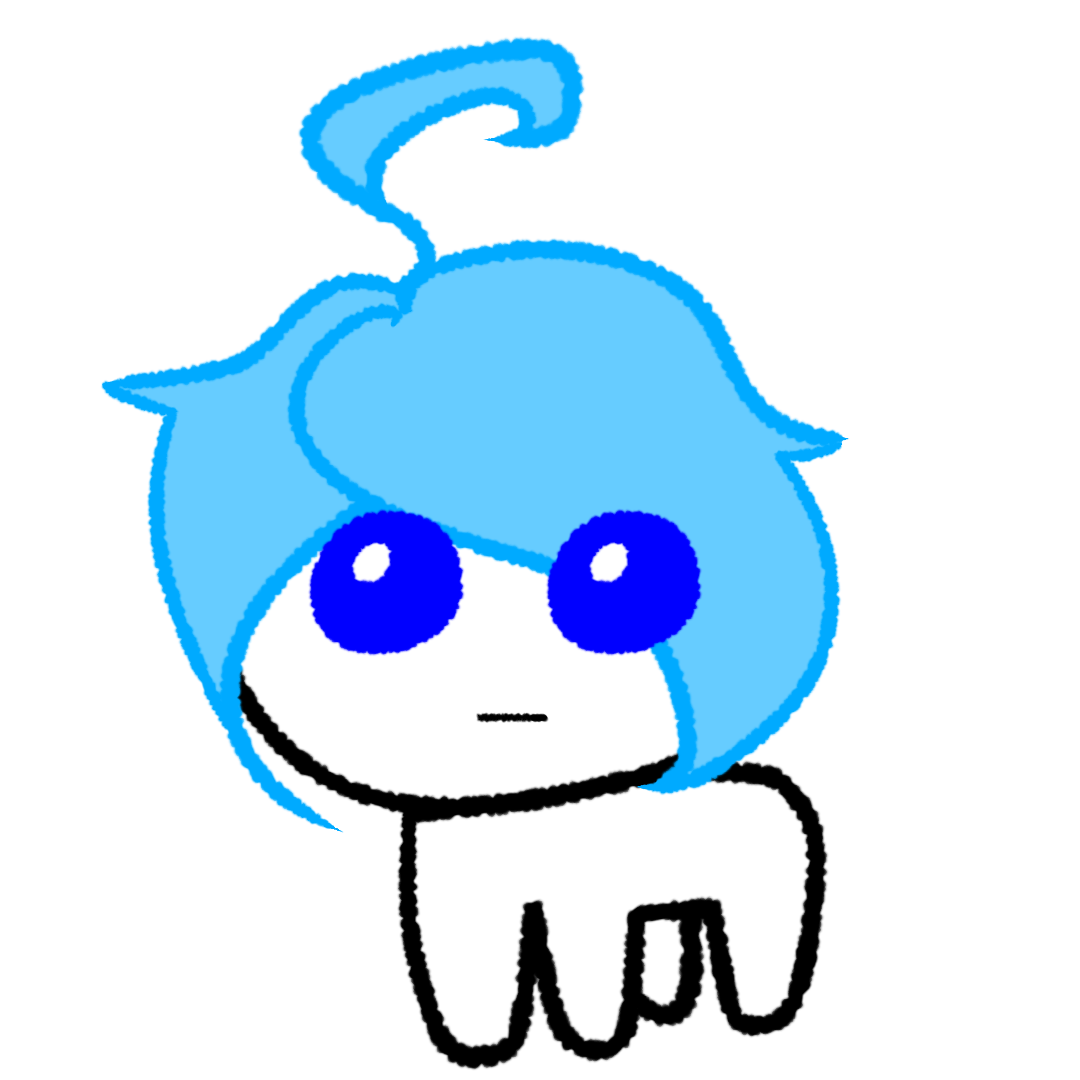The Nameless
A group of fungal entities that sustain themselves by consuming concepts and ideas, effectively removing those concepts and ideas from the thoughts and memories of people around them.
The strongest of these creatures can wipe a concept from the minds of an entire nation, or even an entire world. Usually they need to enter a position of authoritarian power to do this without their nature being revealed.
The Nameless unanimously agreed not to be found or identified by other entities, so as not to be hindered in their feeding. People who hear of them tend to forget nearly immediately, and the Nameless have protocols in place to delete/destroy any written documentation of their existence.
Many of them parasitize an individual human, prioritizing the elderly, due to their abundance of knowledge and general inability to resist. The Nameless tend to occupy senior citizen homes.
Sometimes, however, they choose to parasitize younger humans that are sickly but book-smart. While also unable to resist well, and too young to have gathered an abundance of knowledge, they tend to pick it up quickly and make sufficient hosts for the Nameless.
Spanning across multiple galaxies, The Nameless have learned that intelligent and social species make the best hosts, and make a point not to feed on knowledge that would otherwise lead to the invention of global communications.
Nearly every planet occupied by the Nameless has the following traits:
- Primarily inhabited by an intelligent and social species that is capable of developing civilization.
- The primary species is NOT a hive-mind species. The Nameless can’t feed on hive-minds.
- Some form of long-range communication is developed within a few years of colonization.
- Global communication is achieved in around a century.
- Despite unhindered access to information, the primary species seems too unintelligent to have invented their communications in the first place. This is due to late-stage feeding.
- Always on the tipping point of annihilation; the Nameless need to cover their tracks so as not to be caught.
- Even fictional references to beings similar to The Nameless are wiped or drowned out by unrelated information.
- The primary species is deliberately drip-fed incorrect information about the nature of the universe. Some of this false information is benign, other false information is intentionally designed to draw the species off the scent of the Nameless.
- The benign false info serves as both a red herring and a point of argumentation between members of the primary species, to distract them from discovery.
- For example, humans were led to believe that the electrical signals between neurons were the source of their sapience and not a side effect; while the nature of butterflies, a species that dissolves down to the neuron but can remember stimuli from before pupation, disproves this belief in its entirety, research on why this is the case has been deliberately stunted.
- The few researchers who discover the real reason are fed on, and the explanation is lost.
- They’ve caught me.
This is really cool!
I have some questions but you don’t have to answer any of them lol
What do the Nameless physically look like, to someone who’s able to see them?
Are they invisible, or do they erase themselves from our perception?
In what sense are they fungal? Is that literal or more of a loose descriptor? Earthling scientists define “fungi” as a specific kind of eukaryotic life that specifically evolved on earth, is there a different intergalactic definition? Does the universe have a quality that causes earth fungi to independently evolve on lots of planets, so everyone recognizes fungi as a thing? Did the Nameless originally evolve on earth? Is “fungal” just the closest word we earthlings can think of to describe them?
How do they spread from planet to planet and galaxy to galaxy? Are they an ancient species that travels slower than light, or do you have faster than light travel?
Anyway, welcome to Hexbear!
I actually intended to take a week off hexbear to meet a deadline, but I’ll make an exception for this post
They’ve caught me
Creepy

Many of them parasitize an individual human, prioritizing the elderly, due to their abundance of knowledge and general inability to resist.
What does resistance to the Nameless look like?
I… entirely skipped one of your quotes. I was referring to immune resistance.
Ohoho ok so the human host isn’t cognisantly resisting? It’s an involuntary response? Does it have any associated pathology (fever, encephalitis)?. The overlap between parasitisation and the things aging bodies go through is very clever.
It 100% starts from within. It only takes a single strain with a vendetta against its own species to steer its host to reveal their existence. It’s the reason affected planets are kept in a constant state of near-annihilation and disallowed from discovering intergalactic communication or travel–if even a single strain decides to reveal the existence of the species as a whole, the planet (and the strain born there) is annihilated, like amputating an infected wound.
The primary species on an affected planet will eventually discover weapons of mass destruction, and is usually the primary indication that The Nameless have taken hold.
However, total annihilation is a last resort, and is only taken if the individual strain’s host(s) can’t be located and destroyed.
While The Nameless can technically choose a hive-mind as a host, they explicitly avoid doing so, as it makes strain destruction less feasible and detection more likely. However, rebellious strains intentionally seek out hive-minds. This is why most affected planets don’t have any–they’re either exterminated before technology can develop, or never evolved to begin with. The Nameless choose host planets carefully.
Funny thing about dulling an entire species research of neurology and psychology, though, is that the species themselves can’t detect when they’ve branched into a hive-mind variant, and it’s very difficult for The Nameless to pick them out when the hive mind variants are so worried about prosecution that they, too, hide their existence.


